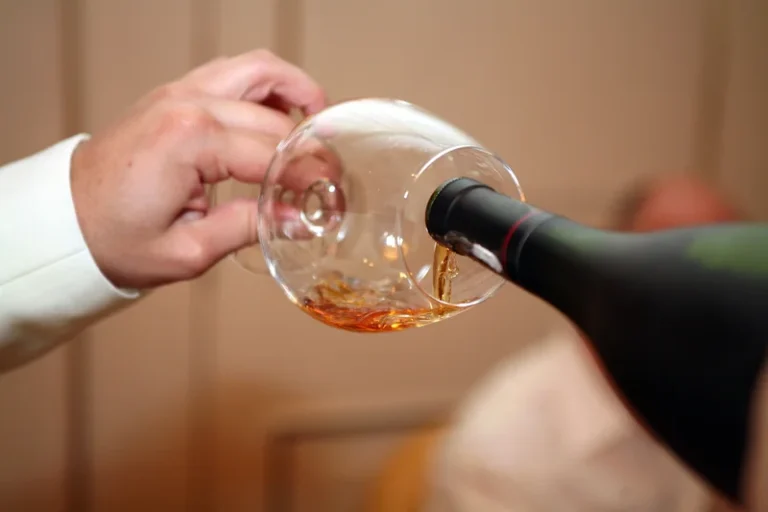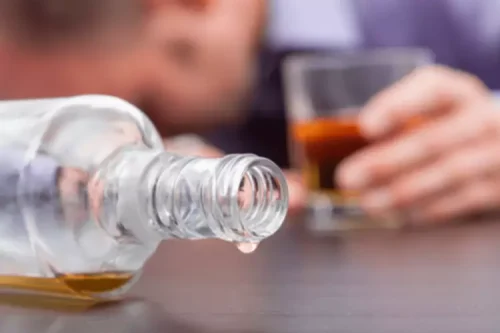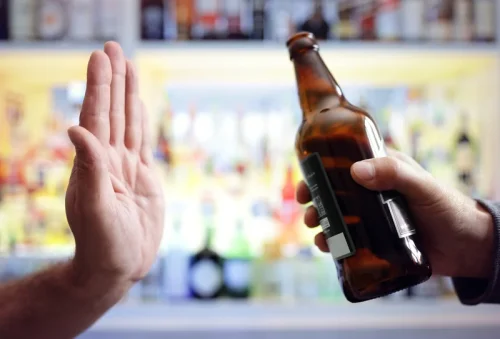
Individuals build resources while living in a recovery residence that will continue to support their recovery as they transition to living independently and productively in the community. This type of recovery residence provides recovery residence peer-based services plus life skills and clinical programming. It is most often aligned or attached with a licensed treatment provider, and overseen by an appropriately credentialed and qualified management team.
Related Resources
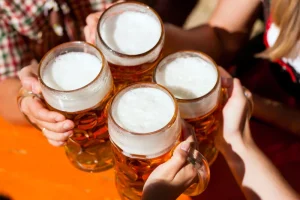
Like most addiction services (prevention, treatment and recovery support services), we tend to see a greater concentration in urban and suburban areas. Significant gaps in the continuum exist in rural, tribal and other under-served areas. A comprehensive census does not exist, so it is difficult to know where rural recovery residences can be found. Recovery residences are sober living environments, meaning that residents are expected to abstain from alcohol and illegal drug use and the misuse of prescribed medications and over the counter medications or other mind-altering substances of any sort. The living environment can be any type of dwelling, but most commonly is a single-family residence with shared bedrooms. Like level 1, this setting often proves to be quite cost-effective; the length of stay varies and is open-ended.
- However, most Level 1 RRs don’t provide onsite recovery services, with the possible exception of an optional 12-step recovery meeting held weekly at the home.
- Throughout the 1990s, many treatment programs discontinued their social model elements, a distinct departure from today’s residential community approach.
- These residences are important because they help people live a substance-free life and find friends and support groups that understand what they’re going through, which is important for staying sober in the long run.
- Residents in Level 4 homes are usually not able to work (at least not full-time) since they are engaged in recovery activities throughout the day.
How useful is abstinence alone in understanding the effectiveness of SUD treatment?
If you are interested in your recovery home being included in the recovery residence registry, please email the HCA recovery residence team. Tufts has begun the development process for the largest residence hall in university history, the university announced Thursday evening. The building, which is scheduled for completion by fall 2027, will be located at 401 Boston Avenue and will exclusively house juniors and seniors. Abstinence varied according to the price of housing and types of residents served. Cambridge Recovery Sober Living offers an affordable transitional space for men who are committed to continuing their journey of overcoming alcohol and drug addictions. Residents in Level 4 homes are usually not able to work (at least not full-time) since they are engaged in recovery activities throughout the day.
What is the evidence for residential treatment? A review and update
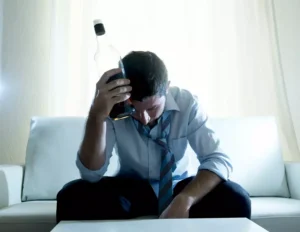
Recovery residence is a broad term that encompasses the full range of recovery housing and services and programs offered in the homes, from the democratically operated to clinically oriented extended care. There are some shining state examples, like Ohio, which is investing millions of state dollars into recovery housing in response to the opioid epidemic. Massachusetts has made a significant investment in developing and supporting its network of NARR-compliant Level 2 recovery residences. Other than these and a few other small programs, there has not been a significant increase in dollars allocated to recovery housing, yet.
- Rural recovery residences have existed for a long time and continue to exist today.
- Abstinence varied according to the price of housing and types of residents served.
- That said, there are some umbrella organizations (see below) that promote quality assurance and oversight at recovery residences; they may even offer formal certification for residences that meet and adhere to these guidelines.
Can you elaborate about the service levels not being a grading system but rather a designation?
An example of a Level IV is a recovery residence that implements social model care in a therapeutic community. At a minimum, a Level 2 recovery residence provides a sober, safe living environment coupled with peer recovery support through the use of social model recovery philosophy and structure. In contrast to a Level 1, a Level 2 has an owner/operator appointed https://ecosoberhouse.com/ house manager. Some Level 2s offer more formalized recovery support services and life skills development, but not to the degree found in Level 3s or 4s. Level 1 recovery residences offer supportive housing in a community-based peer environment. These recovery residences are commonly known as sober homes and are most often found in single-family residences.
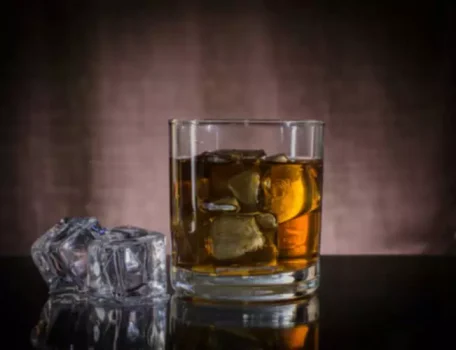
This differs from Level 1 homes which tend to have more relaxed policies on how often drug or alcohol tests are required. Oxford Houses are governed by a charter and rules that are agreed upon at the outset, but those are kept to a minimum and decisions are made democratically. For instance, house members vote on whether to allow a certain individual into the house. Safe and stable housing is essential to recovery from addiction to alcohol and drugs. Recovery housing represents a unique and innovative way to ensure that individuals in recovery have access to housing that facilitates recovery. Like in most states, a comprehensive list of recovery housing does not exist in Texas.





